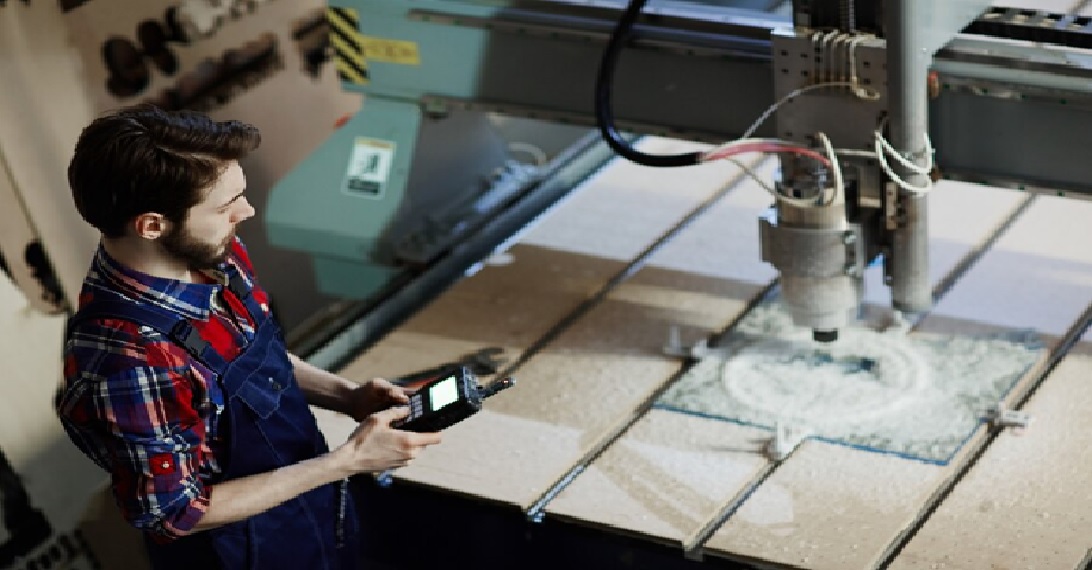
The Role of CNC Technology in Custom Metal Fabrication
Custom metal fabrication has undergone a revolution in recent years, thanks to advancements in CNC (Computer Numerical Control) technology. This article explores how CNC technology is shaping the fabrication of products like aluminum outdoor stair handrails and the impact of CNC millwork services on the industry.
Evolution of Custom Metal Fabrication
Custom metal fabrication has evolved significantly with the integration of CNC technology. Traditionally, metal fabrication involved manual processes that were time-consuming and prone to errors. With CNC machines, precision and efficiency have been drastically enhanced.
CNC technology allows for the automation of machining processes, controlled by computer programs that dictate the movement and operation of machinery. This automation ensures consistent quality and accuracy, which is crucial in custom metal fabrication, especially for intricate designs like aluminum outdoor stair handrails.
Precision Engineering with CNC Machining
One of the primary advantages of CNC technology in metal fabrication is its ability to achieve precise cuts and shapes. CNC machines follow exact specifications programmed into computer software, ensuring that each piece of metal is crafted with unparalleled accuracy.
In the fabrication of an Aluminum Outdoor Stair Handrail, precision is paramount for both aesthetic appeal and functional safety. CNC machines can intricately carve out patterns, drill precise holes, and create smooth finishes that meet the exact specifications of the design.
Efficiency and Cost-Effectiveness
CNC technology has also revolutionized the efficiency of metal fabrication processes. Unlike traditional manual methods that require skilled labor and extensive time, CNC machines operate swiftly and can handle repetitive tasks with ease.
For businesses offering CNC Millwork Services, efficiency translates into cost-effectiveness. The reduced labor costs and minimized material wastage contribute to overall savings, making custom metal fabrication more accessible and affordable for various applications, including aluminum outdoor stair handrails.
Versatility in Design Capabilities
Another significant advantage of CNC technology is its versatility in design capabilities. Whether it’s creating intricate patterns, complex geometries, or unique textures, CNC machines can execute a wide range of design specifications with precision.
In the context of aluminum outdoor stair handrails, CNC technology allows for the customization of designs to match architectural styles, aesthetic preferences, and functional requirements. This versatility enables fabricators to cater to diverse client needs while maintaining high standards of craftsmanship.
Enhanced Safety Standards
The integration of CNC technology has also contributed to enhanced safety standards in custom metal fabrication. By automating repetitive tasks and minimizing manual intervention, CNC machines reduce the risk of accidents and injuries associated with traditional fabrication methods.
For products like aluminum outdoor stair handrails, which require robust structural integrity and safety compliance, CNC technology ensures that each component meets stringent quality standards. Fabricators can rely on CNC machines to produce components that are not only aesthetically pleasing but also durable and safe for installation.
Conclusion
CNC technology has revolutionized custom metal fabrication, offering precision, efficiency, and versatility that traditional methods cannot match. For industries like CNC millwork services focusing on aluminum outdoor stair handrails, CNC machines provide the capabilities needed to meet exacting design requirements while ensuring high-quality craftsmanship and safety standards.


